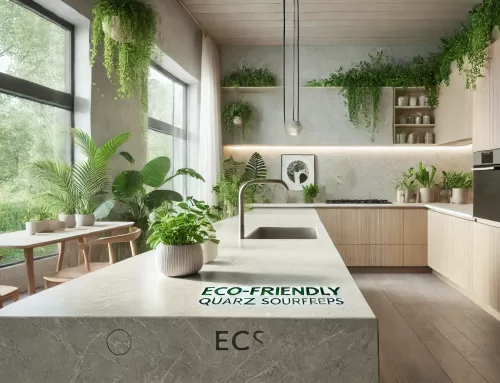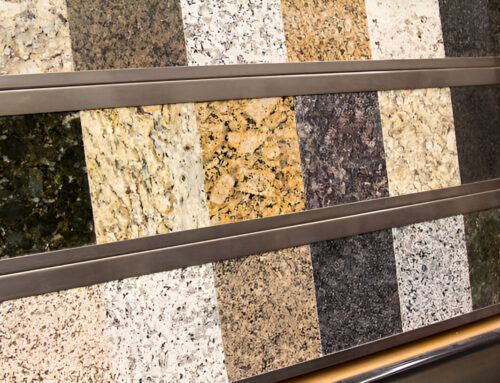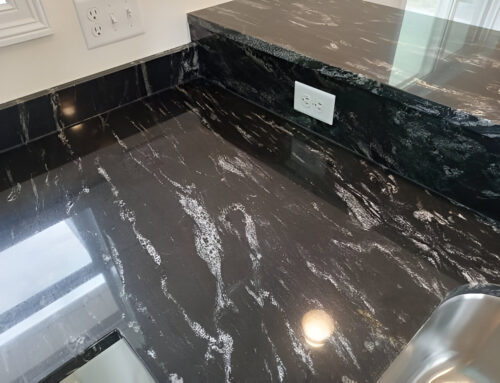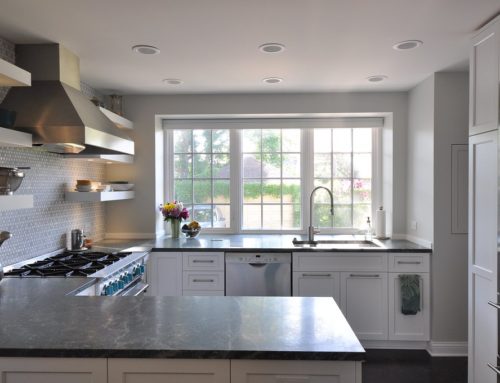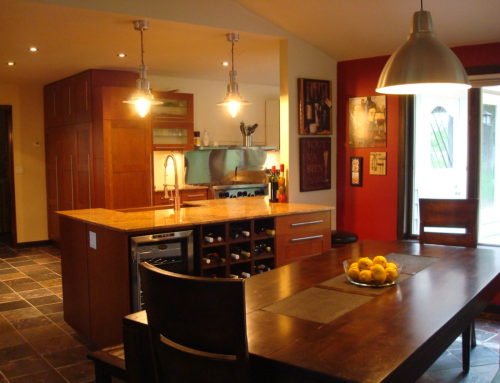Comparing quartz and concrete countertops? It’s not as simple as one material being better than the other. In fact, it all comes down to what you value most in your countertop. Here’s a comprehensive guide to help you make a decision on which material is right for your home.
What is Quartz?
Quartz is a popular countertop material that is made from natural stone. It is an extremely durable material that is resistant to scratches and stains. Quartz is also non-porous, so it does not require sealing. Quartz countertops can be found in a variety of colors and patterns.
What is Concrete?
Concrete is a composite material made up of cement, aggregate (gravel, sand, or crushed stone), and water. It is one of the most versatile building materials available, and can be used for a wide variety of applications. Concrete is strong and durable, making it an ideal choice for countertops. It is also heat resistant and easy to clean, making it a great option for the kitchen.
Durability
Quartz is one of the hardest materials on earth, second only to diamond. That makes it incredibly durable and resistant to scratching, chipping, and staining. Concrete is also a very hard material, but because it’s porous, it’s more susceptible to staining and can be easily damaged by acidic substances.
Maintenance
Quartz and concrete countertops are two popular choices for kitchen and bathroom countertops. Both materials have their pros and cons, so it’s important to compare them before making a decision. When it comes to maintenance, quartz is the clear winner. Quartz is non-porous, so it doesn’t require sealing like concrete does. It’s also resistant to scratches, stains, and heat. Concrete is more vulnerable to all of these things, so it will require more care and upkeep. If you’re looking for a low-maintenance countertop option, quartz is the way to go.
Quartz vs Concrete: Which is More Expensive?
When it comes to countertop materials, quartz and concrete are two of the most popular options. But which one is more expensive? Here’s a comparison of the two materials:
Quartz is typically more expensive than concrete. It’s a man-made material that contains ground quartz stone, pigments, and resins. Because it’s manufactured, quartz tends to be more consistent in quality and color than concrete.
Concrete is a natural material that contains cement, sand, and gravel. The price of concrete can vary depending on the quality of the ingredients used. In general, though, concrete is less expensive than quartz.
So, if you’re trying to save money on your countertop project, concrete may be the better option. But if you’re looking for a higher-quality material with a more consistent appearance, quartz may be worth the extra cost.
Conclusion
Quartz and concrete materials that offer different benefits. If you’re looking for a durable, low-maintenance option, Opaly quartz might be the right choice for you. If you prefer a more natural look, concrete might be a better option. Ultimately, the decision comes down to personal preference and what works best for your space.

